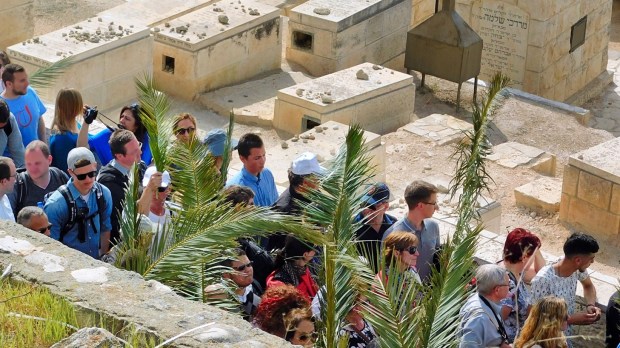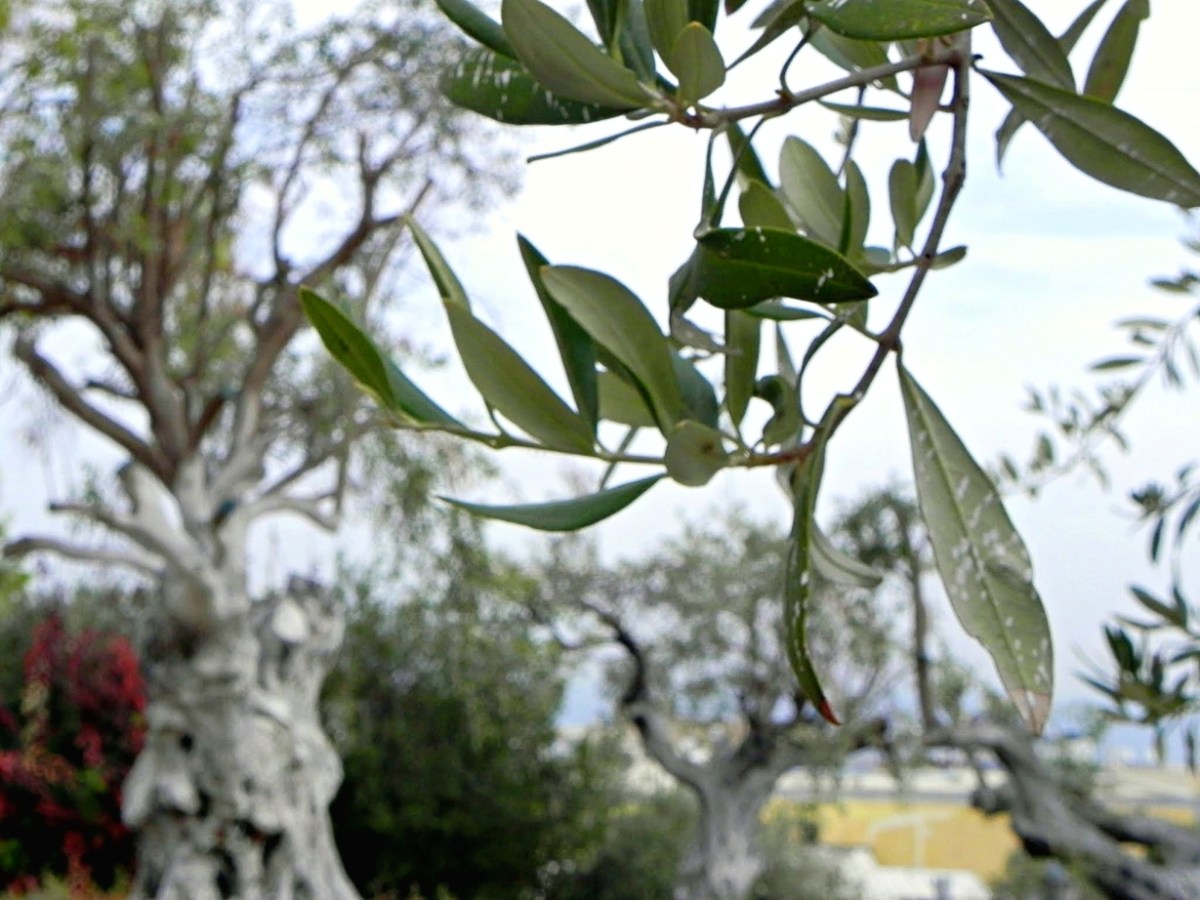Sunday’s Gospel at the Procession with Palms is Mark 11:1-10 or John 12:12-16
Jesus – one such king
Jesus enters Jerusalem as a king. As it was customary, he rides a donkey and is greeted cheerfully by people. However, this king “did not come to be served, but to serve and to give his life as a ransom for many.” His throne is the cross because “he loved us to the end.”
Keyword
Hosanna
The Hebrew original (hoshi‘a na’) is in Psalm 118. It contains two words: the verb “to save” (yasha‘) and “please” (na’). So it literally means: “Save me, please.”
In Christian tradition, Hosanna gained a profound meaning. Its use in reference to Jesus was in fact equating him with God to whom the original (hoshi‘a na’) was directed. It is noteworthy that the name Jesus (in Hebrew, Yeshua) comes from the same verb “to save” (yasha‘).
In the original text (Ps 118), the word Hosanna was an expression of deep anguish of a person that seeks God’s help. In the context of Jesus’ triumphal entry into Jerusalem, the meaning of the word turned into an enthusiastic greeting.
Today
During each Mass, we repeat the word Hosanna twice, saying the prayer Holy, Holy, Holy: “Hosanna in the highest. Blessed is He who comes in the name of the Lord. Hosanna in the highest.”
In this way, we welcome Jesus, who comes to the altar at Mass, just as people greeted him when he entered Jerusalem. At the same time, we ask for His help with the word Hosanna, “Save me, please.”


